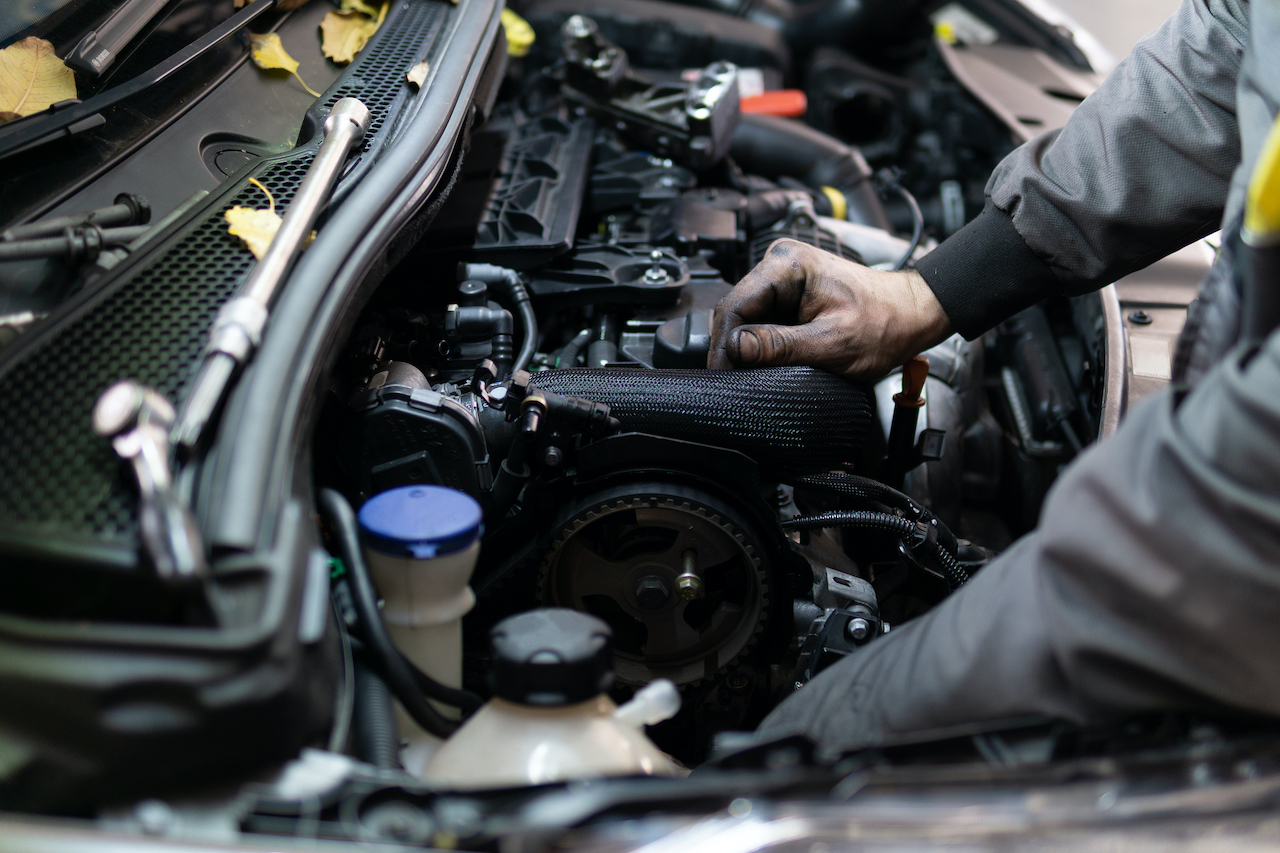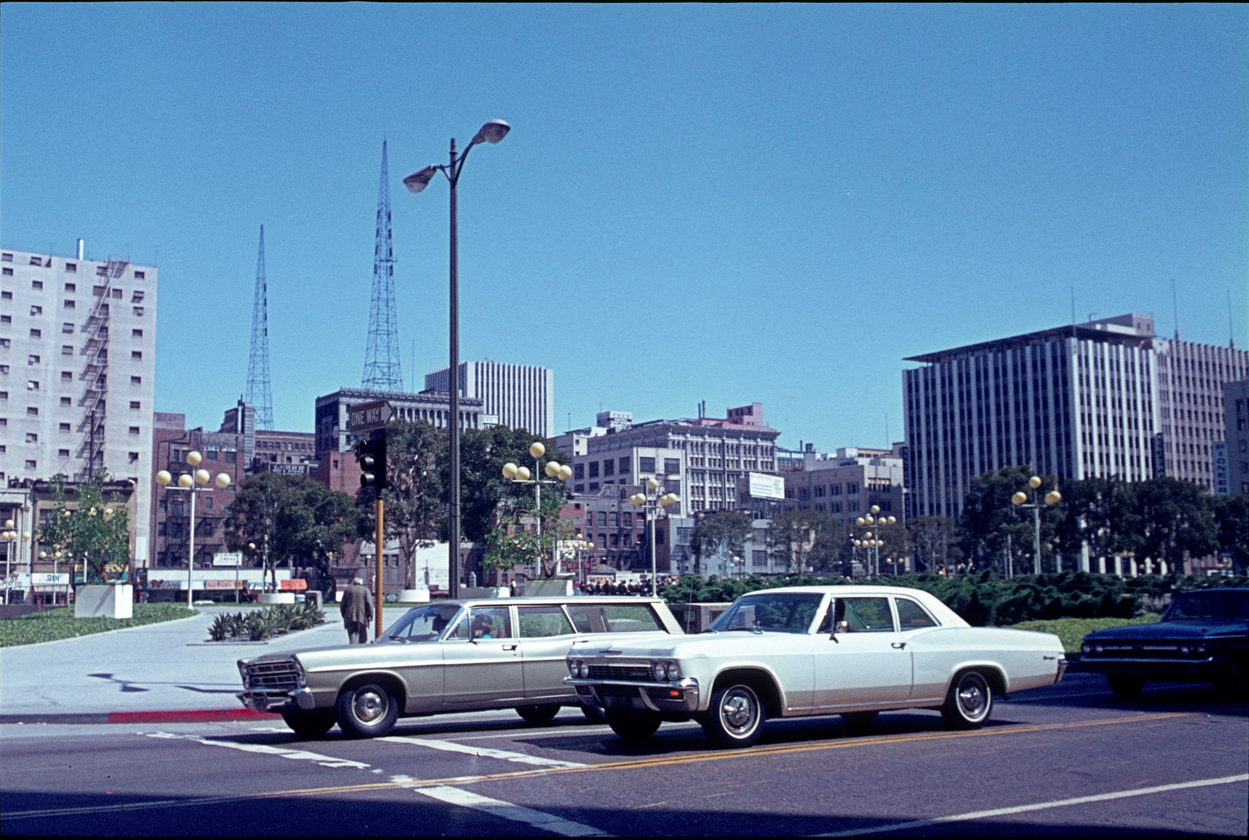Legendary band The Eagles wrote a song called Life in the Fast Lane, which certainly does not refer to how fast the traffic moves on congested Southern California roads and highways. No, it is life in slow lane most of the day for drivers and passengers trying to get around greater Los Angeles.
Life in the slow lane also applies to some used cars the turn out to be lemons.
If you purchased a used car in California and the vehicle remains covered by the manufacturer’s warranty, then the California Used Car Lemon Law might protect you against a car dealership that sold you a defective automobile.
What is the California Used Car Lemon Law?
Written in response to pressure applied by consumer rights groups, the California Used Car Lemon Law ensures protection for anyone who bought or leased a used car, or any other type of vehicle that remains covered under the original manufacturer’s warranty. The California Used Car Lemon Law also covers demonstrator cars, motor vehicles resold under the lemon law that includes a manufacturer’s warranty, and certified vehicles that come with an extended warranty. Consumers that qualify for damages under the state’s lemon law can receive a refund, cash compensation, or a replacement car that is the same make and model as the original lemon vehicle.
Eligibility Requirements for the California Used Car Lemon Law
The underlying legal principle of California Used Car Lemon Law is to protect car owners that use their motor vehicle mostly for “personal, family, and household” purposes. Commercial vehicles that weigh under 10,000 pounds also qualify for lemon law protection. However, the businesses that own the eligible commercial vehicles cannot have more than five vehicles registered under the business name. California law defines vehicles to include cars, trucks, SUVs, RV trailers, and any type of watercraft.
The Extent of Warranty Coverage
California Used Car Lemon Law states consumers receive legal protections for buying defective motor vehicles for the entire length of the manufacturer’s warranty. If a vehicle receives the designation of certified, then the original manufacturer’s warranty can extend for a limited amount of time. Let’s assume you purchased a used car that came with a three-year manufacturer’s warrant and before the end of the second year, your used car breaks down. California law dictates that the manufacturer must either buyback the defective car, replace the defective car, or compensate you for the defective car given the defects meet the requirements spelled out under California Used Car Lemon Law. Before the manufacturer has to provide some form of financial relief, the dealership has the right to make a reasonable number of attempts to repair the defective vehicle.
California consumers must file a lawsuit for the breach of a warranty within four years of the first sign a motor vehicle is defective.
Manufacturers Have a Legal Obligation to Make Repairs
Auto manufacturers and their authorized dealerships have the legal right to make a reasonable number of attempts to repair a defective motor vehicle.
The following lists the guidelines for different types of repair scenarios:
- Up to two repair attempts for a serious safety issue such as a severely malfunctioning steering system
- At least two repair attempts for a recurring defect that can cause death or severe impairment to the driver and passengers
- The same defect has undergone repairs a minimum of four times
- The vehicle is held for repairs by the manufacturer or authorized dealer for at least 30 days
The California Used Car Lemon Law does not apply in the following situations:
- The car owner did not follow the maintenance terms of the manufacturer’s warranty
- The vehicle owner was responsible for causing the car’s defects

What to Do If You Have a Lemon
Organizing all the paperwork associated with the repairs made on your defective vehicle is the first step to take on the road to filing a civil lawsuit. Make sure you have a copy of every order for repairs that includes clear language about the type of repairs completed on the car. Then, contact the manufacturer of your vehicle to describe the defects that have made your car a lemon. Finally, get in touch with a California consumer protection attorney. Most auto manufacturers aggressively fight lemon law claims, which means you can expect to be up against a team of high-powered lawyers that represent the auto manufacturer.
A consumer protection lawyer that works on a contingency fee basis can help you even the legal playing field.





